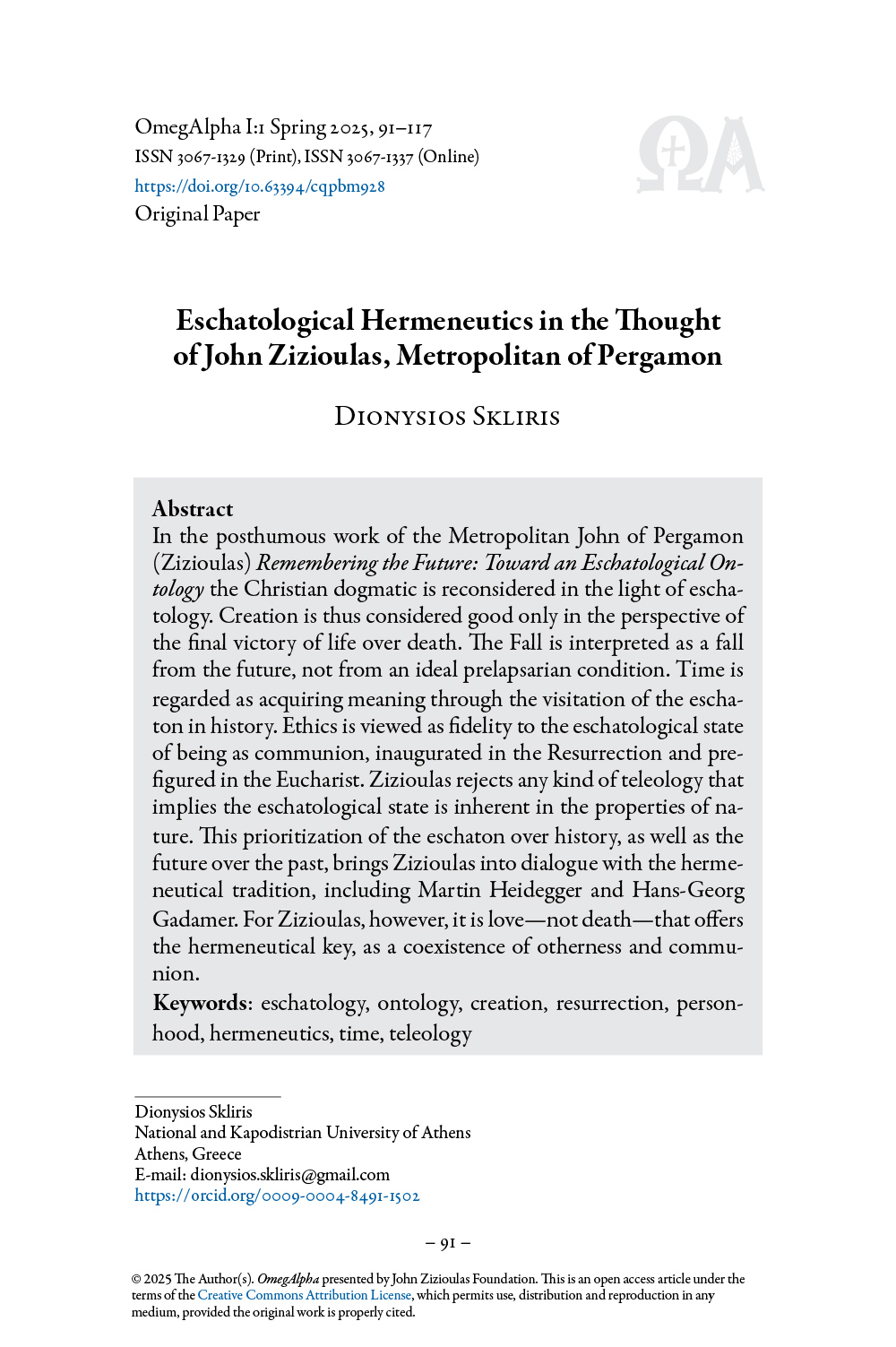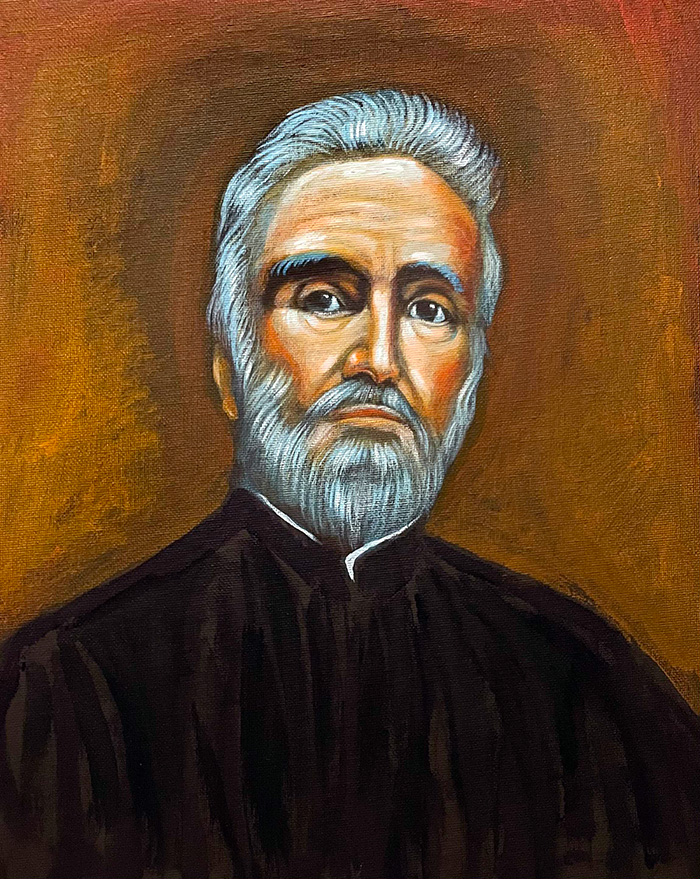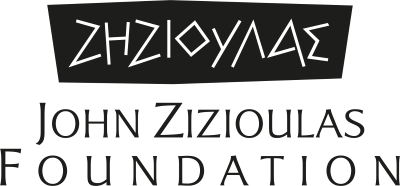Eschatological Hermeneutics in the Thought of John Zizioulas, Metropolitan of Pergamon
DOI:
https://doi.org/10.63394/cqpbm928Keywords:
Eschatology, ontology, creation, resurrection, personhood, hermeneutics, time, teleologyAbstract
In the posthumous work of the Metropolitan John of Pergamon (Zizioulas) Remembering the Future: Toward an Eschatological Ontology the Christian dogmatic is reconsidered in the light of eschatology. Creation is thus considered good only in the perspective of the final victory of life over death. The Fall is interpreted as a fall from the future, not from an ideal prelapsarian condition. Time is regarded as acquiring meaning through the visitation of the eschaton in history. Ethics is viewed as fidelity to the eschatological state of being as communion, inaugurated in the Resurrection and prefigured in the Eucharist. Zizioulas rejects any kind of teleology that implies the eschatological state is inherent in the properties of nature. This prioritization of the eschaton over history, as well as the future over the past, brings Zizioulas into dialogue with the hermeneutical tradition, including Martin Heidegger and Hans-Georg Gadamer. For Zizioulas, however, it is love—not death—that offers the hermeneutical key, as a coexistence of otherness and communion.

Downloads
Published
Issue
Section
License
Copyright (c) 2025 OmegAlpha

This work is licensed under a Creative Commons Attribution 4.0 International License.






